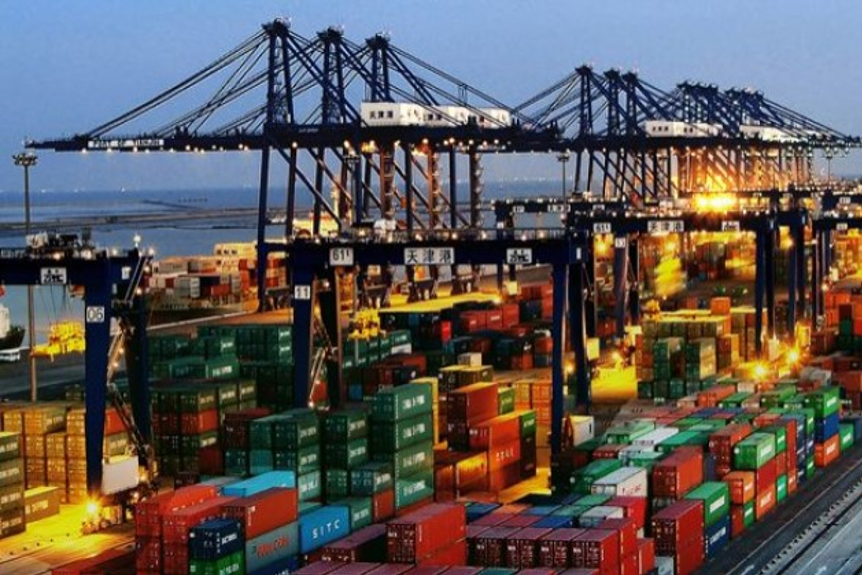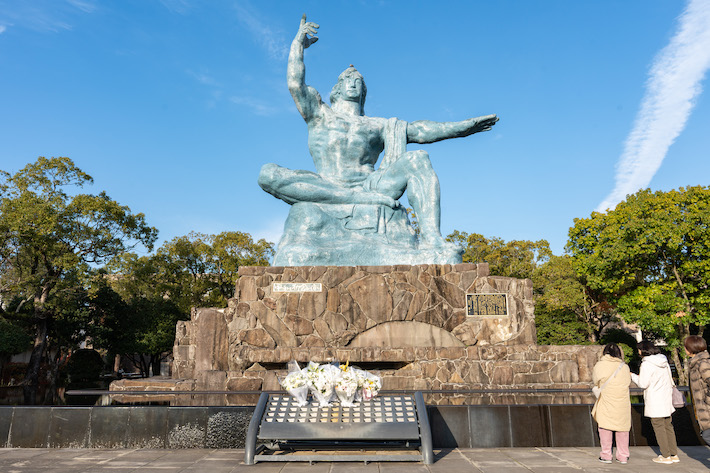The trade environment in Asia is steadily improving despite apparent shortages and supply chain bottlenecks, a leading regional economist said on Tuesday.
Taimur Baig, chief economist at DBS Bank in Singapore, says headlines about rising energy prices, changing Fed policies and US-China geopolitical confrontations are “obscuring the steady improvement” in regional trade rules in Asia, the world’s largest trading bloc.
“Despite rising trade and investment restrictions, Asia’s exports continue to expand robustly,” Baig says in a commentary, adding that the landmark Regional Comprehensive Economic Partnership (RCEP) is heading toward implementation.
He notes that six Asean countries have submitted their approval letter for the RCEP, which was signed a year ago, while China has asked to join the Digital Economy Partnership Agreement (DEPA), a move he described as “consequential” for regional trade.
“Between RCEP and DEPA, regional movement of goods, services, and data will be better governed,” Baig said.
Sentiment Dampened
He acknowledged that supply chain disruptions, directly and indirectly linked to the pandemic, have dampened business and consumer sentiment in Asia.
“But as the year draws towards the end, Asian manufacturers are looking past supply chain issues, recognising resilient demand,” Baig countered.
“As a result, purchasing managers’ indices, a useful leading indicator of exports, have bottomed, offsetting risks stemming from high energy prices and monetary policy normalisation dynamic in a number of economies,” he added.
Baig said Asian economies have entrenched their position as the key source of goods and services trade in the world.
“As movement and storage of data become a key part of the global economic landscape, Asia’s role in relevant rule-setting is also becoming more central,” he said.
‘Far Reaching Impact’
Baig cited Thailand as an example of the “potentially far-reaching impact” of RCEP. “As RCEP comes into effect, Thailand will see tariffs on nearly 30,000 commodities it exports to other member economies reduced to zero,” he said.
“This would enhance substantially its trade development among RCEP member states, which already purchase a majority of Thai exports.”
With 11 out of 15 member countries completing the process or entering the final stage, Baig said there is a good chance that the agreement will take effect in the first half of 2022.
RCEP embraces the 10 Asean economies as well as Australia, China, Japan, New Zealand and South Korea, with a market of 2.2 billion and $26 trillion in aggregate gross domestic product.
Meanwhile, DEPA aims to build consistency in approaches to the digital economy by standardising processes from paperless trading to artificial intelligence.
“China has major interest in DEPA-linked issues like electronic payments, personal data protection, digital identities, online consumer protection, fintech, and open government data,” said Baig.
“China’s push in this arena should be seen in a positive light, as it can only help reduce the prevailing inconsistent, contradictory or incompatible policies governing the global digital economy.”
- George Russell
READ MORE
US Trade Chief Katherine Tai to Unveil China Trade Strategy
Covid Curbs Asia’s Manufacturing Power as Supply Chains Struggle
























